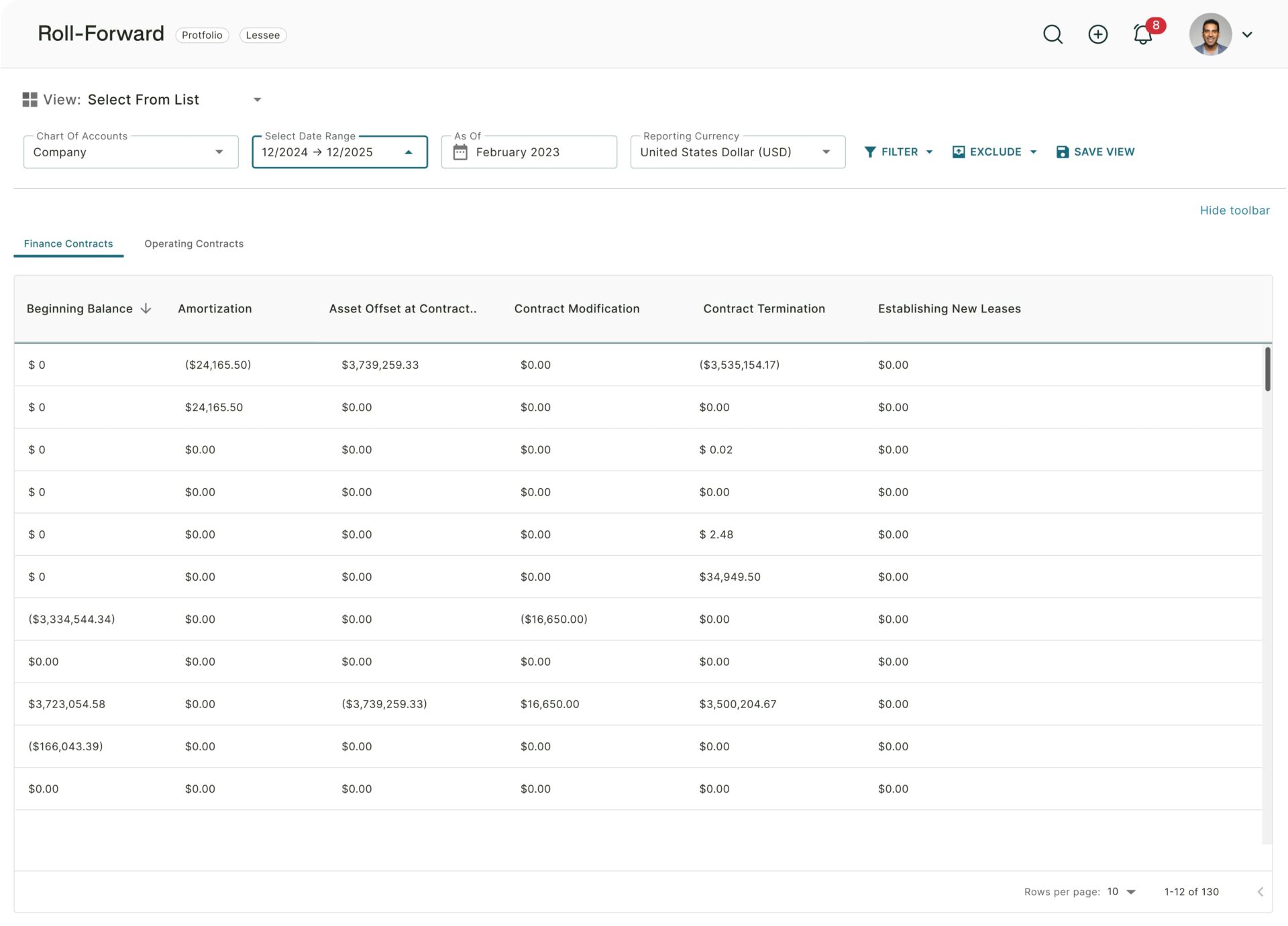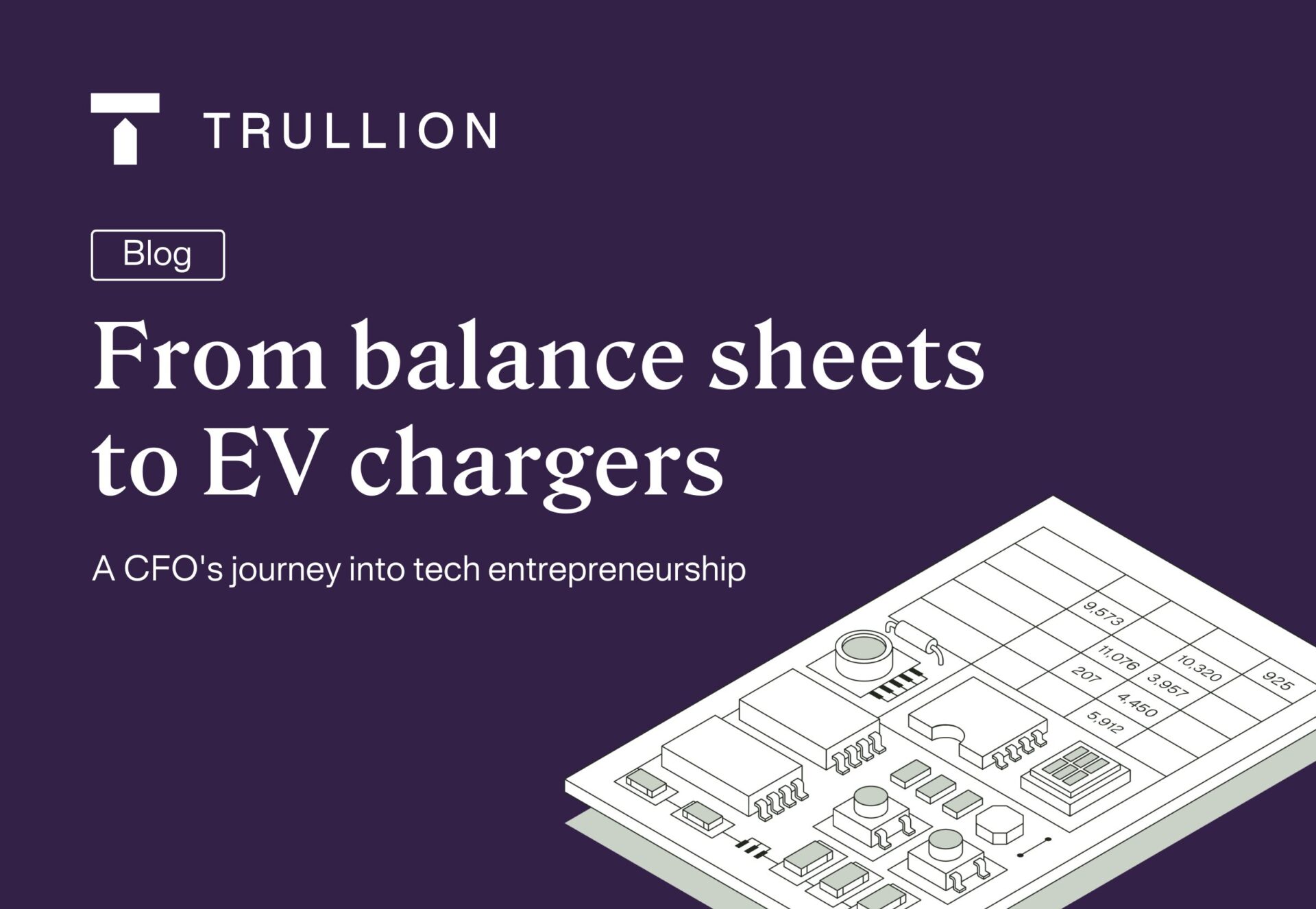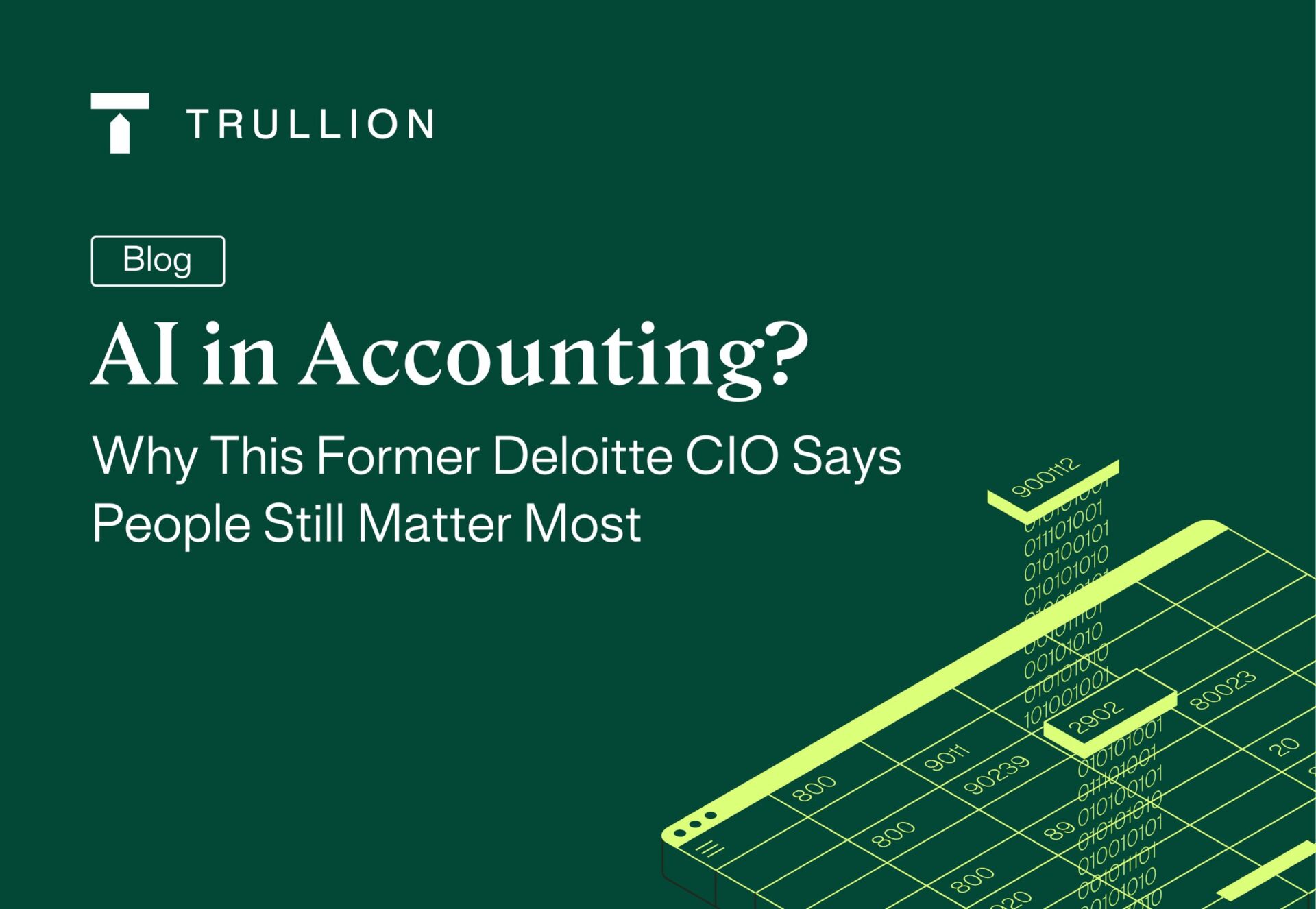Imagine transforming your CPA skills into the driving force behind a tech startup revolutionizing electric vehicle charging—that’s exactly what Guzel Lumpkin did with EVLUV.
In a recent episode of AI: Accounting Intelligence—the podcast for forward-thinking finance professionals navigating the AI revolution—Lumpkin shared how she leveraged her financial expertise to launch an entrepreneurial venture in the burgeoning electric vehicle industry.
Lumpkin’s story is more than a career pivot; it’s a testament to a broader trend where financial acumen meets technological innovation, creating golden opportunities for accounting professionals to transition into entrepreneurship.
Leveraging Big Four experience for tech entrepreneurship
Lumpkin’s journey into tech entrepreneurship began in the intense learning environment of Deloitte. “It felt like I was getting three years of knowledge in one year. It was just so fun,” she recalls. This Big Four experience became the bedrock of her future success in the startup world.
The transition from Deloitte to tech companies like Mindbody and Procore wasn’t just a change of scenery—it was an opportunity to apply her accounting skills in a new way. Lumpkin explains, “I was hired to build the accounting and finance team for a software called Mindbody back in the day.” Shifting from auditing to operational leadership became a key step in her entrepreneurial journey.
The skills she honed at Deloitte—rigorous analysis, attention to detail, and a deep understanding of financial structures—were useful tools at scaling tech companies. From managing IPOs to navigating the complexities of high-growth environments, her finance background proved invaluable.
“I think at that time Deloitte, or Big Four in general, was looked at like if you want to have a career in accounting or finance, it serves as that springboard for your career,” Lumpkin says. As AI and automation reshape the accounting landscape, this outlook hasn’t changed. In fact, the ability to apply financial acumen to emerging technologies is increasingly crucial.
For finance professionals eyeing the tech world, Lumpkin’s path demonstrates that a background in traditional accounting isn’t just relevant—it’s a potential superpower in the startup ecosystem. It’s an example of how the intersection of financial expertise and technological innovation can lead to entrepreneurial success.
Spotting market opportunities: how EVLUV was born
Finance professionals are trained to spot inconsistencies and inefficiencies—skills that translate powerfully into identifying market gaps and business opportunities. Lumpkin’s journey to founding EVLUV exemplifies how financial acumen can fuel entrepreneurial vision.
The spark for EVLUV ignited from Lumpkin’s personal frustrations with electric vehicle charging at Procore. “When I bought my first electric vehicle, finding parking at the charging station was easier than finding regular parking on that campus,” she recalls. “But very quickly we started having 10, 20, 30, 40 EVs on campus.” This rapid adoption created a new problem: access to chargers became unpredictable and inefficient.
Her financial background kicked in, enabling her to analyze the problem beyond personal inconvenience. She saw a market inefficiency—a highly desirable asset with poor utilization and user experience. Drawing a parallel to the restaurant industry, she explains, “OpenTable solved this problem a long time ago. ‘How do I get people’s butts in seats at high peak demand times efficiently and effectively?’”
This analogy sparked her business idea: “I want to build OpenTable for electric vehicle charging because as the number of EVs increase, access to the chargers will become more and more dire and constrained.” Lumpkin’s financial training allowed her not just to identify the problem but to assess its market potential and viability as a business opportunity.
The beginning of EVLUV illustrates a growing trend: finance professionals leveraging their analytical skills to drive innovation in tech sectors. By bridging financial expertise with technological solutions, they’re uniquely positioned to identify and solve complex, real-world problems—a valuable asset in today’s entrepreneurial landscape.
Overcoming startup challenges with financial expertise
The leap from CFO to startup founder is not for the faint of heart, but as Lumpkin’s journey demonstrates, it can be a natural evolution for finance professionals in today’s innovation-driven landscape.
“On different days, different skills apply,” she says, highlighting the versatility demanded in startup leadership. Her CFO toolkit—from financial modeling and risk assessment to strategic planning—proved invaluable in tackling the multifaceted challenges of founding EVLUV.
One of the primary hurdles she faced was creating a profitable business model in the nascent EV charging industry, where current utilization rates are low and payback periods are long. Her approach leverages financial acumen to address this: “Our model is to increase utilization by providing that effortless, seamless experience.” This strategy shows how financial expertise can shape innovative solutions to complex market dynamics.
Lumpkin’s experience in analyzing data and market trends also helps balance the needs of both sides of the EVLUV marketplace—drivers and charging station hosts. “Both sides have to happen and meet and be happy in order for EV adoption to take place,” she explains, demonstrating how financial thinking can drive holistic business strategies.
For finance professionals eyeing entrepreneurship, she emphasizes the importance of passion and conviction: “Without knowing your why, it’s very hard for anybody to start an entrepreneurship journey.” This advice acknowledges that while financial expertise provides a solid foundation, successful entrepreneurship in the AI era also requires adaptability and a deep commitment to innovation.
Embracing the future: finance professionals as innovators
Lumpkin’s journey from Big Four accountant to EV charging innovator highlights the opportunity at the intersection of financial expertise and technological innovation. Here are three key takeaways for accountants who want to pursue entrepreneurship:
- The value of rigorous financial training
- The power of applying analytical skills to real-world problems
- The critical role of adaptability in entrepreneurial success
As AI and automation reshape the accounting industry, professionals with a strong foundation in finance are uniquely positioned to drive innovation. Their analytical abilities, combined with a deep understanding of business operations, provides a powerful toolkit for navigating the complexities of entrepreneurship in emerging tech sectors.
For CPAs, CFOs, and aspiring finance leaders tuned into the AI revolution, Lumpkin’s story could provide a roadmap. She demonstrates how accountants can leverage their skills to identify market gaps, develop innovative solutions, and build successful tech-driven businesses.
Ready to explore how you can harness your financial expertise to lead in the AI-driven future? Listen to the full episode of AI: Accounting Intelligence to gain deeper insights from Lumpkin’s journey. Discover practical strategies for transitioning from finance to entrepreneurship and understand the unique advantages your financial background offers in the tech startup ecosystem. Don’t just adapt to the future of finance—shape it.








